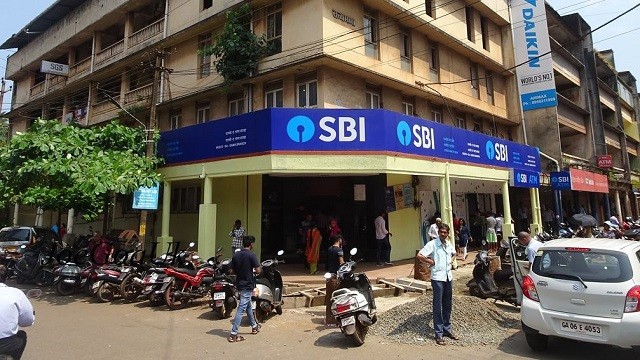At a time when more and more banking facilities can be availed through online mode, there has been a significant rise of fraudulent activities. As digital literacy is not quite common in a lot of bank customers, they easily fall prey to common banking frauds. The KYC (know your customer) fraud has been one of common banking frauds and it is quite possible that we have come through it .
Keeping in mind about the booming scenario of KYC fraud in India, SBI (State Bank of India) one of the leading public sector banks in the country has issued an advisory for its users. SBI took to its official Twitter handle to warn its users about the looming KYC fraud. “The reality of KYC Fraud has proliferated across the country. The target is sent a text message asking to update their KYC by clicking on a link by someone acting as a bank/company representative”, said the tweet. In case a user faces such incident it should be reported to cyber-crime, the tweet added.
How is the KYC Fraud done?
A text message is sent to a random number asking the user to update their KYC by clicking on a link. The message informs the users that their bank account is temporarily suspended and a completion of the KYC will unfreeze the account. A malicious link which seems like a bank forwarded link is attached to the message. The users are asked to click the link which will lead to kyc page. However, as the customers click on the malicious link they fall prey to the scam and their data might get leaked. It is quite weird that some of the persons who are not even a customer of SBI have received the message.
SBI has asked it customers to follow few guidelines in order to stay safe from the KYC frauds. The regulations are mentioned below.
- Do not click on attachments/links received in SMS/emails from unknown sources
- Do not download any mobile app based on telephone calls/emails from unknown sources.
- Do not share sensitive details like Aadhaar number, date of birth, mobile number, debit card number, PIN, CVV, Internet banking userid/password, OTP.
- Bank never sends links to update KYC.
Also read: LIC Arogya Rakshak Policy is very special plan for a healthy…




 Ms Kalinga
Ms Kalinga